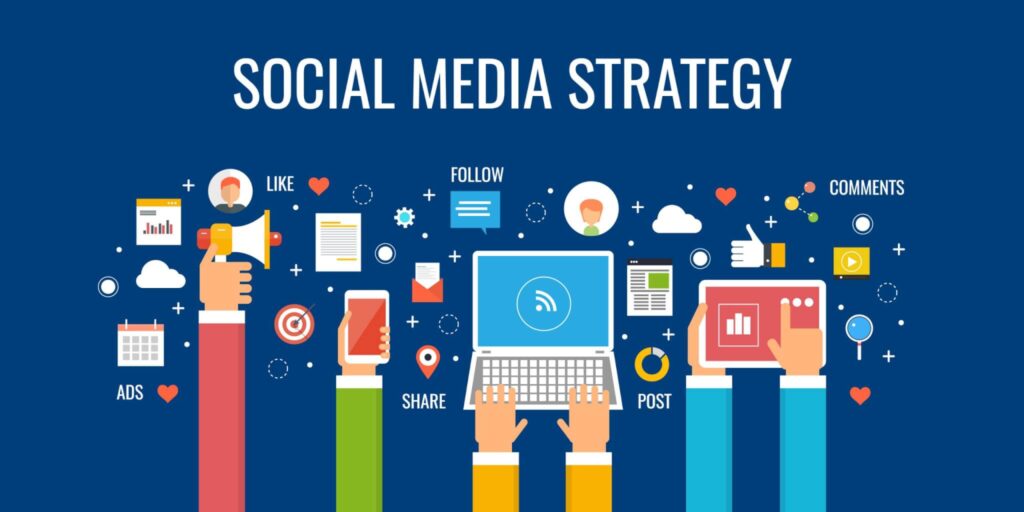
Social Media Marketing.

Social Media Marketing: A Comprehensive Guide.
Introduction
In today’s digital age, social media has become an indispensable tool for businesses of all sizes. With billions of active users worldwide, social media platforms offer a vast audience for reaching potential customers and building brand awareness. Social media marketing, the practice of using social media to promote products or services, has emerged as a powerful strategy for driving business growth.

Benefits of Social Media Marketing
- Increased brand awareness: Social media allows businesses to connect with a wider audience and build brand recognition.
- Lead generation: Social media platforms provide opportunities to generate leads through targeted advertising and content marketing.
- Customer engagement: Social media enables businesses to interact with customers, build relationships, and provide support.
- Improved customer loyalty: By providing valuable content and engaging with customers, businesses can foster loyalty and repeat business.
- Increased website traffic: Social media can drive traffic to a business’s website, where potential customers can learn more about products or services.

Types of Social Media Marketing
There are various types of social media marketing strategies, including:
- Content marketing: Creating and sharing valuable content that educates, informs, or entertains the target audience.
- Social media advertising: Using paid advertising campaigns to reach specific demographics or interests.
- Influencer marketing: Partnering with individuals who have a large following on social media to promote products or services.
- Community management: Engaging with customers on social media, responding to inquiries, and building a sense of community.

Best Practices for Social Media Marketing
To achieve success with social media marketing, it’s essential to follow best practices, such as:
- Define your target audience: Identify the specific demographics and interests of your potential customers.
- Choose the right platforms: Select social media platforms that align with your target audience and business goals.
- Create high-quality content: Share valuable, engaging, and visually appealing content that resonates with your audience.
- Engage with your followers: Respond to comments, ask questions, and foster a sense of community.
- Track your results: Use analytics tools to monitor the performance of your social media campaigns and make adjustments as needed.
Conclusion

Social media marketing is a powerful tool that can help businesses reach a wider audience, generate leads, engage with customers, and drive business growth. By following best practices and tailoring your strategy to your specific target audience, you can leverage the power of social media to achieve your marketing goals.

